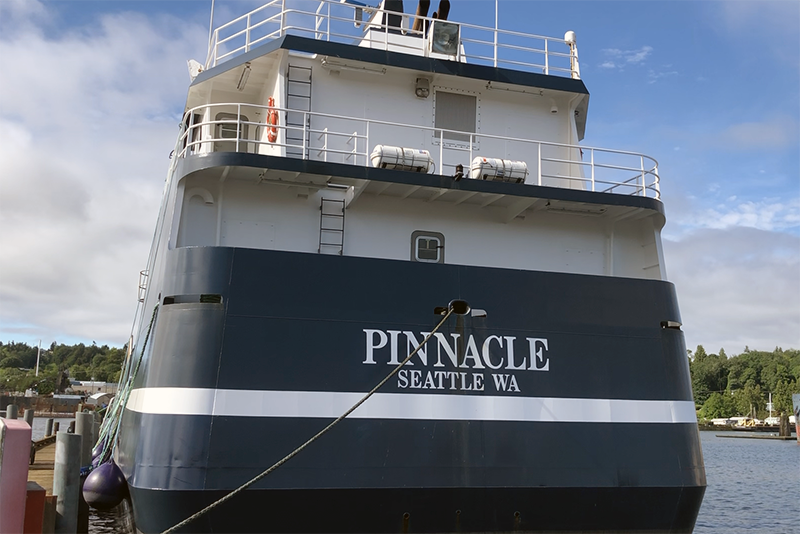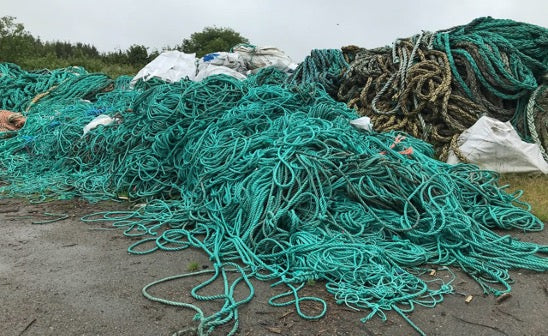
The Story Behind Our Recycled Plastic Cocoon Comb
Our Cocoon Comb is made from 100% post-consumer plastic recovered from marine gear and shoreline cleanups, then remade into durable pellets for new products.
Photo: Brown Cocoon Combs nestled in recycled plastic pellets from Legacy Plastic.
The Story Behind the Plastic
Each Cocoon Comb is made with Legacy Plastic, a high-grade 100% post-consumer plastic recovered from marine environments.
Photo Gallery






Brown Cocoon Comb: Fishing Gear Recycled
Brown Cocoon Combs are made from end-of-life fishing nets and ropes collected by Net Your Problem.
The gear used for our brown combs came from the F/V Pinnacle, captained by Mark Casto. Recycling fishing gear helps prevent durable plastics from entering landfills or the ocean.
Green Cocoon Comb: Shoreline Cleanups
Green combs are made from plastic collected during shoreline and aquaculture cleanups led by Ocean Legacy.
Ocean Legacy operates plastic depots across British Columbia to divert marine plastics back into the circular economy.
Made in Everett, Washington
Our Cocoon Combs are manufactured in Everett, WA by SEA-LECT Plastics. Their sister company, SEA-DOG Line, helped transfer tooling and work with recycled pellets for this low-volume project.
Why This Collaboration Matters
From ocean stewards to shoreline cleanup crews, this project represents collaboration across land and sea. We’re proud to work with partners who help protect ecosystems while supporting pollinators.

Photo: It took the collaboration of Net Your Problem, Ocean Legacy, SEA-LECT Plastics, and shoreline clean-up crews to make our Cocoon Combs.


